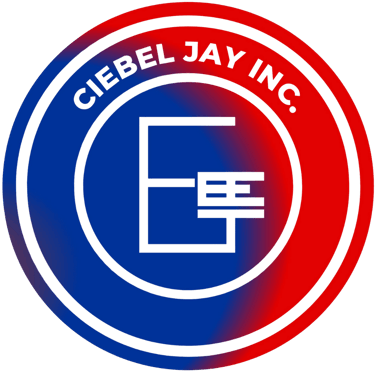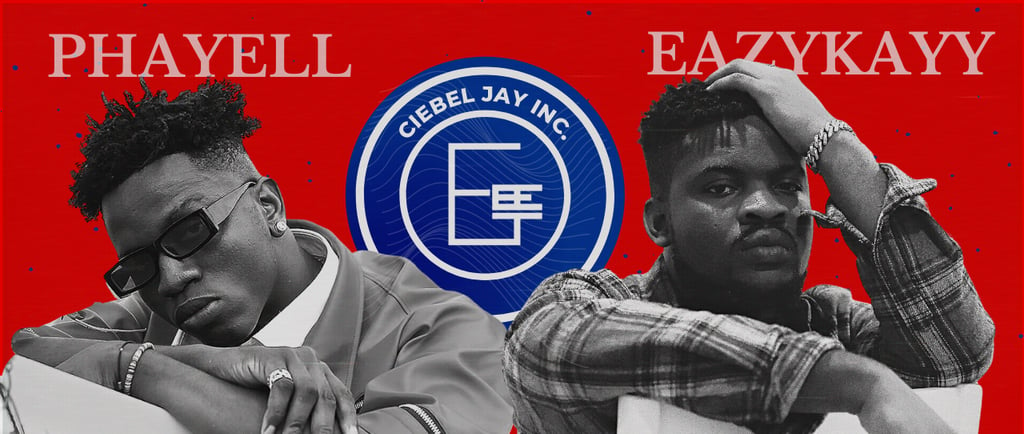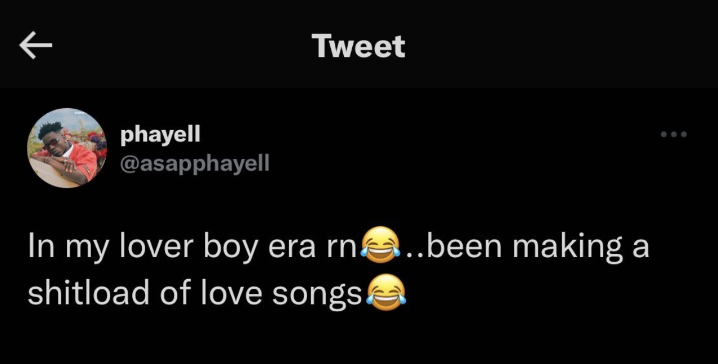Welcome back to Ciebel Jay News. This week we’re continuing to see snippets of new music, including a preview into the new EazyKayy EP. From Phayell we're hearing new melodies, blends, and attitudes on songs released on his Instagram story. We know Phayell's singles are underway, and that the artist residency is being used to its potential. Read on for more about EazyKayy testing out a self-taught producer role in his music, Phayell singing and rapping love songs, and more below!
EazyKayy the self-taught Producer
We think EazyKayy is very talented vocally and musically. He’s able to output a complete record almost every recording session. He harmonizes with his own melodies, even producing his own choir in songs. He's able to blend well with unique instruments and sounds.
Ultimately, once we were able to get the types of beats he feels open to, he's been directing most of his production with only a few executive pointers on storytelling and execution. As the first listeners but also the biggest fans, we can assure EazyKayy is certified vibe. If you like calm yet emotional RnB; if you like jazz late at night with the lamps on; and if you like Afrobeats that yields your soul in a real still spiritual way, you're going to like the new EazyKayy EP.
Eazy’s been testing himself with audio production. He produced this song.
But let's talk more about what music production looks like with EazyKayy later.




